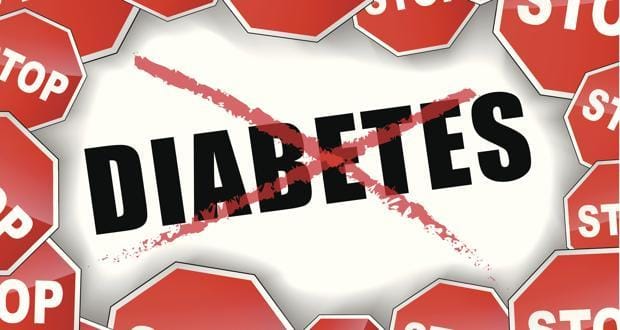Research Showing Fasting Benefits
Fasting has been a key form of veneration in Jainism and many other religions and philosophies of the world. As Jains world over observe Paryushan this week, they will practice fasting in different forms (Atthai, Upvaas, Ekasna etc.). Now scientific studies are starting to discover the health benefits of fasting, such as improving immune system, reducing cholesterol and fighting diabetes.
Fasting as little as eight days could help bodies become healthier, according to research from University of Southern California. People undergoing chemotherapy treatment often suffer damage to their immune system and similar challenges are faced by those experiencing autoimmune deficiencies. Stem cells wake from their normal dormant state, and start regenerating if someone fasts two to four days at a time every six months. Going without food for 48 to 96 hours shifts human bodies to consume stores of fat, glucose (sugar), and ketones (created when fats are broken down for energy). Unhealthy white bloods cells are also broken down, so that their components can be reused for the next generation of cells. The schematic figure given below is from the paper by Valter Longo (professor of Biochemistry and Gerontology) and collaborators at the University of Southern California, Los Angeles.
Our metabolism is very dynamic and consists of constant renewal of our cells as they keep breaking down. The breakdown of food in the body produces the building blocks and energy that is used for the assembly process. During wear and tear of old tissues, our body produces products many of which are excreted; it also releases energy that keeps us warm. Some of the metabolic breakdown products may be recycled as raw materials and re-used in the assembly processes. This conserves raw materials as well as energy. Such conservation is clearly seen during periods of prolonged fasting.
The research on periodic fasting has identified a biological process in the body that converts bad cholesterol in fat cells to energy, thus combating diabetes and heart disease risk factors. Researchers at the Intermountain Heart Institute at Intermountain Medical Center in Murray, Utah, noticed that after 10 to 12 hours of fasting, the body starts scavenging for other sources of energy throughout the body to sustain itself. Prediabetes means the amount of glucose, also called sugar, in the blood is higher than normal but not high enough to be called diabetes. Research by Horne and his team in 2011 focused on healthy people during one day of fasting and showed that routine, water-only fasting was associated with lower glucose levels and weight loss. Together with the prior studies that showed decades of routine of fasting was associated with a lower risk of diabetes and coronary artery disease, this led researches to think that fasting is most impactful for reducing the risk of diabetes and related metabolic problems. During actual fasting days, cholesterol went up slightly in the new study, as it did in their prior study of healthy people, but it was noted that over a six-week period cholesterol levels decreased by about 12 per cent in addition to the weight loss.
Sources:
Fasting is Beneficial to the Immune System
New Research Shows Benefits of Fasting
Periodic Fasting Strengthens our Immune System



August 22nd, 2014 at 5:41 pm
Thanks for the article. It is nice to know that western universities are encouraging research in fasting, and the conclusions are in line with what Jains have known for a long time!